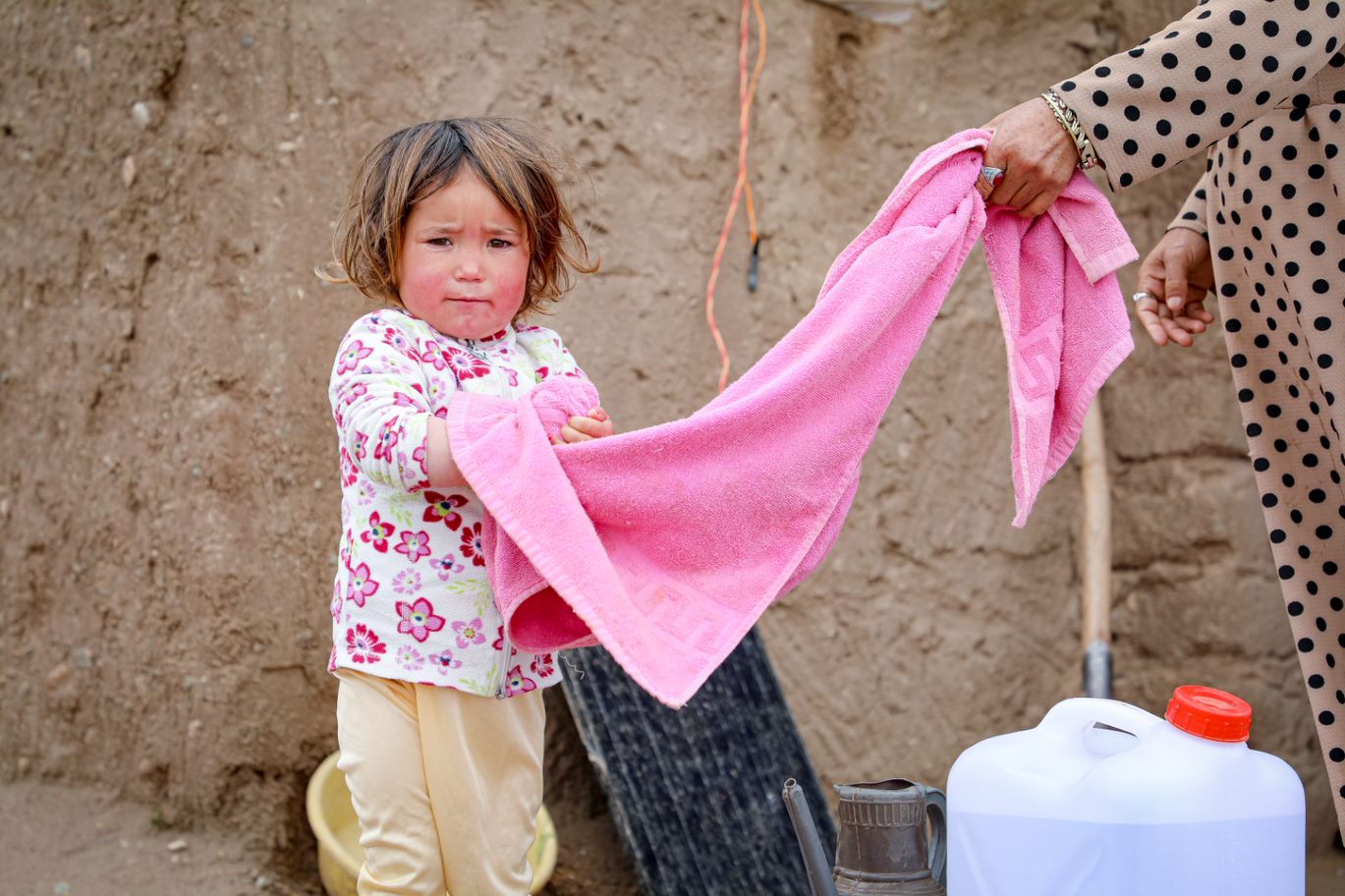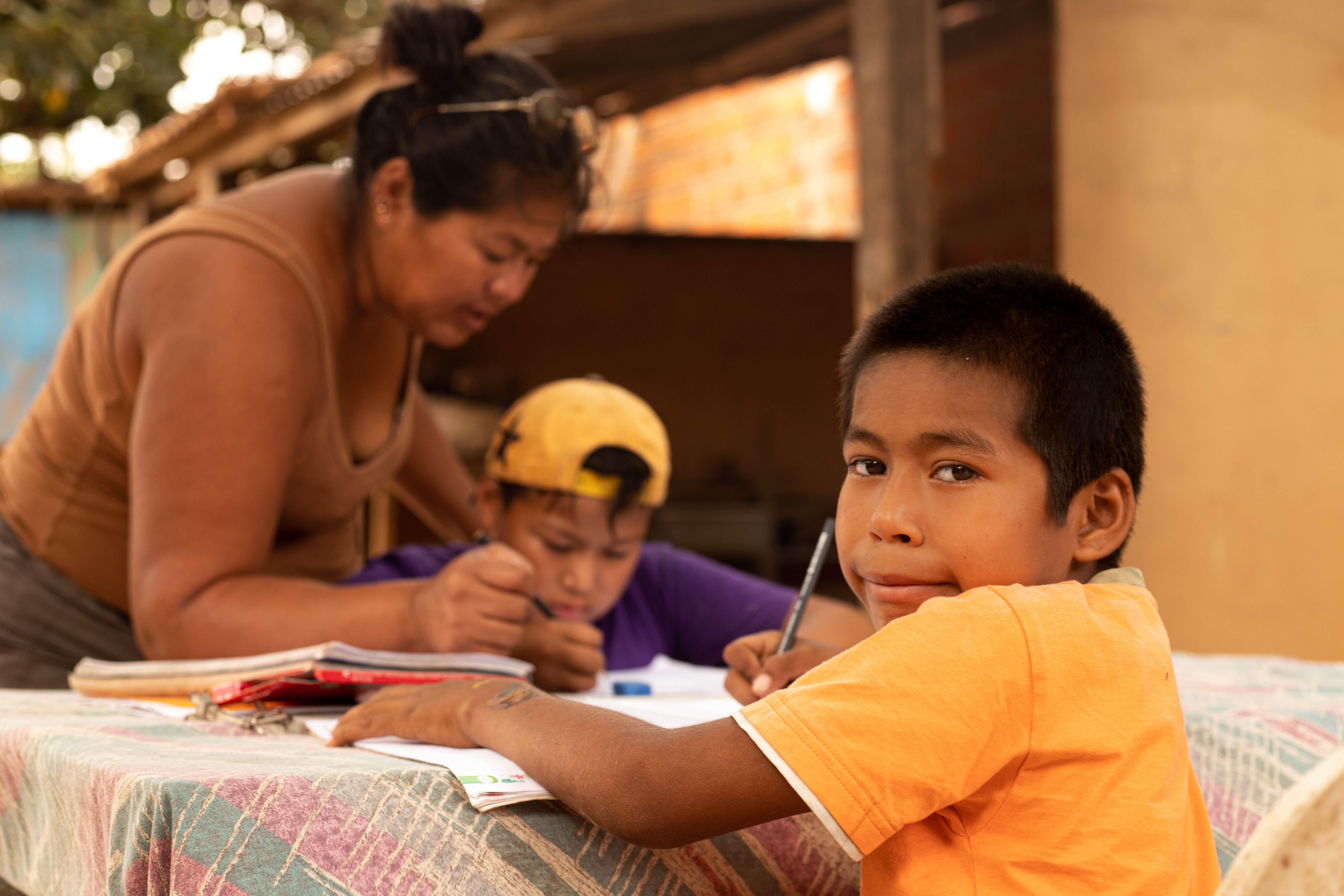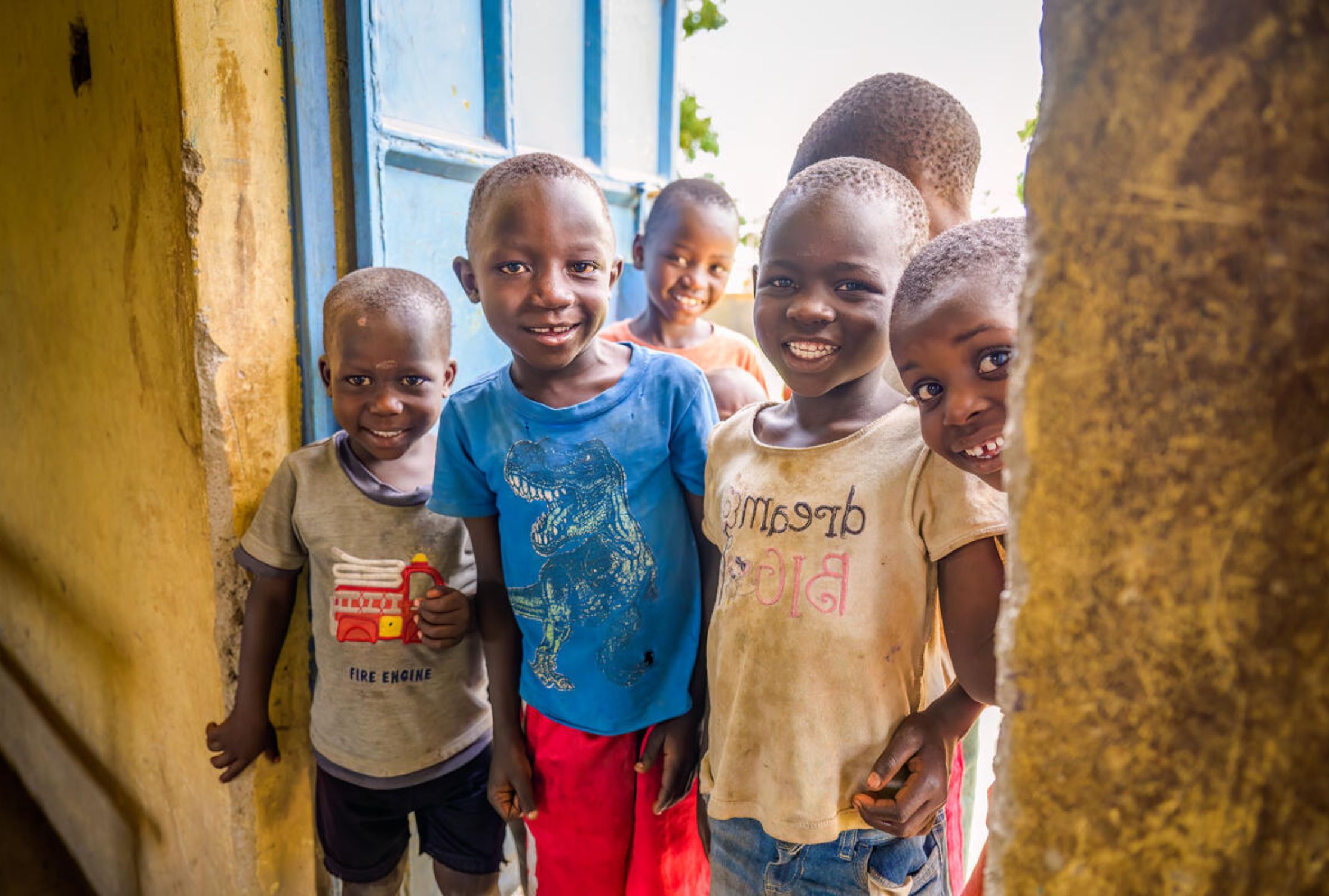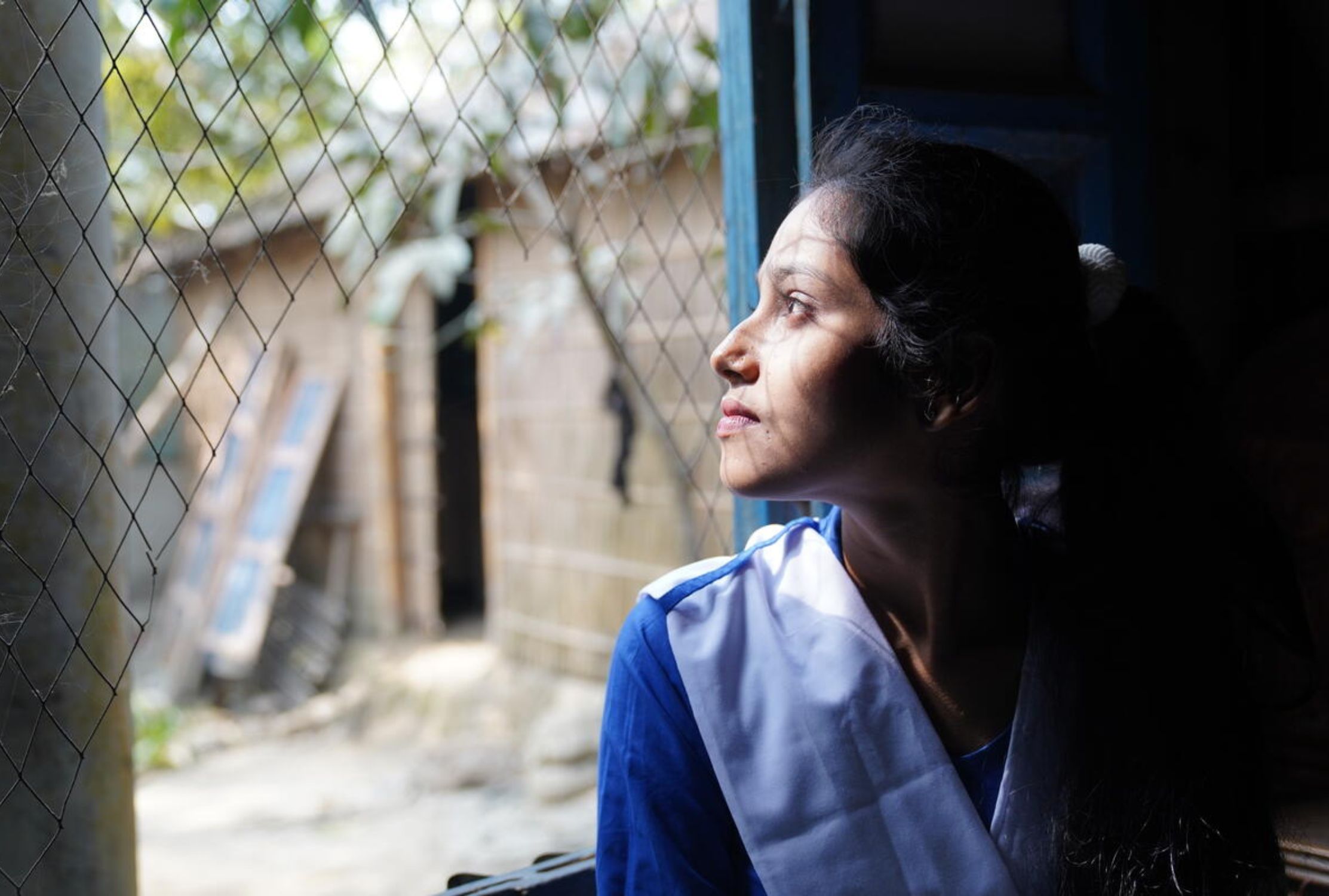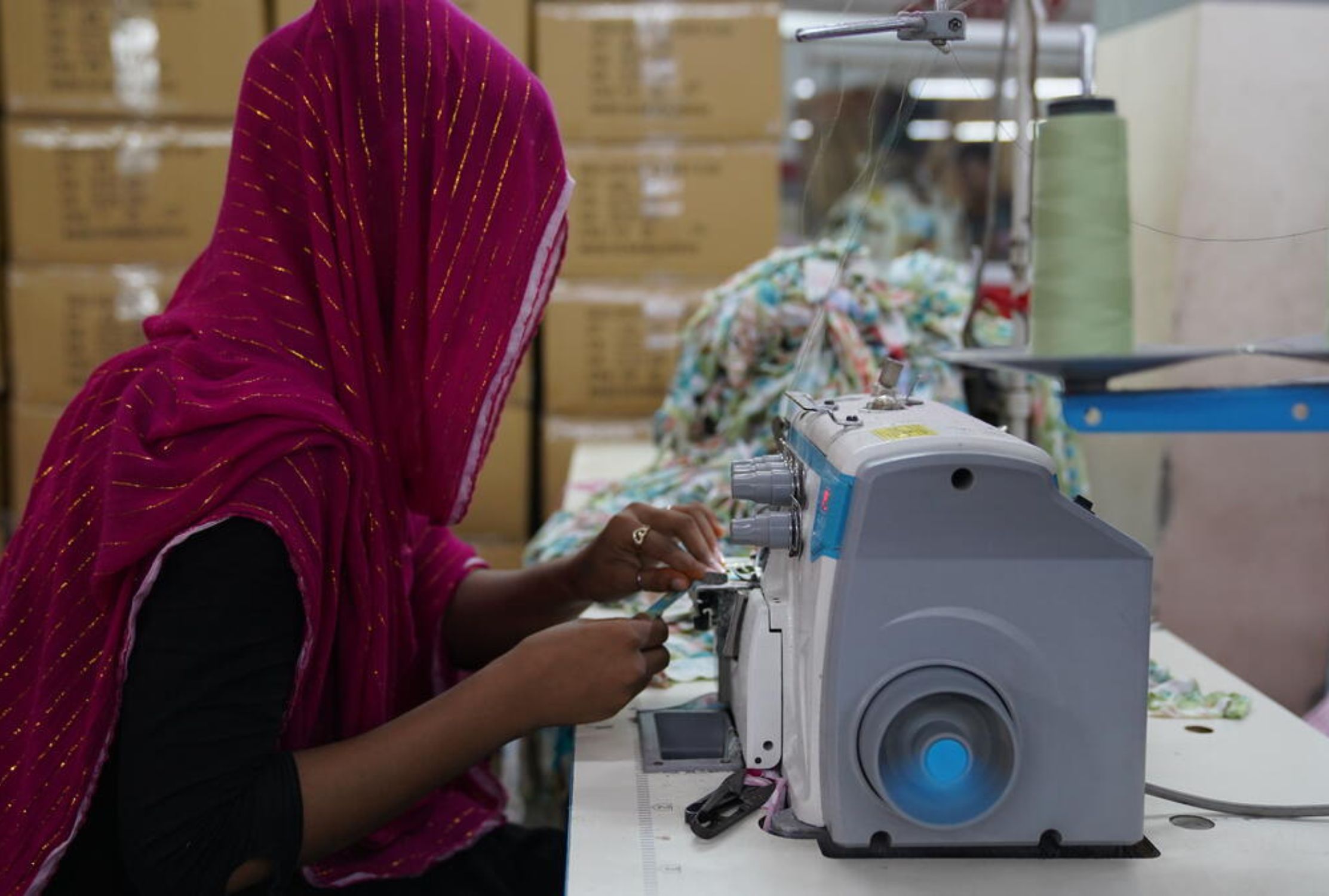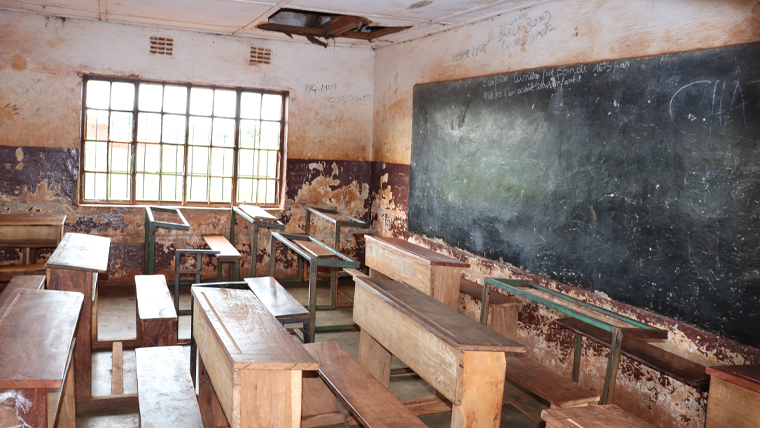
Out of school: Into danger
Why missing school can mean missing out on more than lessons
When children can’t go to school, what happens next?
Children in the UK have lost hundreds of hours of schooling since March 2020. Some reports predict that this ‘lockdown generation’ will earn less in the future, due to lost education. But, tragically, for some vulnerable children, the consequences are immediate and severe.
“My mother wanted to see me become a doctor, but instead she arranged for my engagement”
11-year-old Mariam* used to enjoy going to school every day. But when coronavirus reached her village in Afghanistan, her family lost their income. In desperation, Mariam’s mother arranged for Mariam to marry her 21-year-old cousin for a bride price of $3,000.
After her father left two years ago, her mum became the breadwinner for Mariam, her three younger brothers and her little sister. Life wasn’t easy, but Mariam was getting an education, alongside helping to make a living.
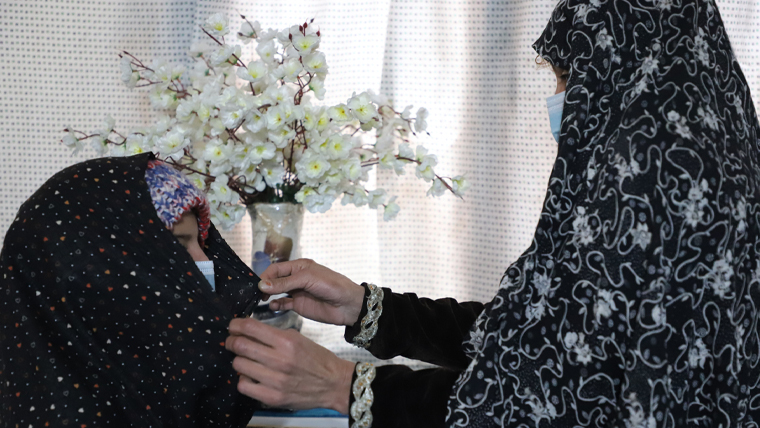
Then COVID-19 came
“When I woke up, I washed my face. Then I prepared breakfast for my family. After that, I started my school homework. At 10 am, I went to school until midday. I went to school with my friends and we talked and laughed with each other on the way to school. I was in second grade and I had second position in the school.
“After that, I came back home, ate my lunch and started embroidery which my mother taught me. My mother sells the products at the market. When coronavirus came, the school closed and I have not gone to school since then. Our situation become worse due to COVID-19. My and my mother’s income decreased. Because I am the oldest daughter, my mother decided to arrange for me to get married to my cousin. His family will not allow me to continue my education anymore and so l lost my schooling too.
“My mother is trying to convince them to change their mind. I am not sure if it will work. My mother wanted to see me becoming a doctor, but instead she arranged for my engagement.”
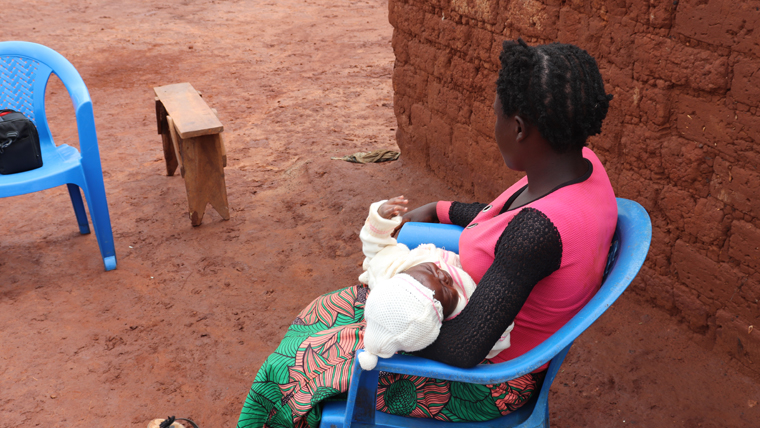
Lost education echoed around the world
4,000 miles away, in the Democratic Republic of the Congo, COVID-19 also stopped 16-year-old Nelly* from going to school, and changed the course of her life.
“Since the coronavirus appeared, I’ve stopped going to school. I was in fifth grade. It was when I stopped going to school that I met with a boy of 20 years. It was only later that I realised I was pregnant.”
Nelly’s son was born in late 2020. They live with the baby’s father now, but Nelly still hopes to return to school one day, and dreams of reaching her goal and becoming a teacher.
“All my friends of my age are already married. They also want to go back to school. I want to go back to school to learn to read and write. I want to get a diploma to allow me to take care of my son and my brothers.”

Poverty slams the school door
For Mariam, in Afghanistan, coronavirus halted her education – but it’s poverty that has led to her engagement and ended her dreams of finishing school and becoming a doctor. She believes that “poverty is the important factor that is stopping children from going to school.”
Poverty was already keeping the vulnerable out of school before the pandemic even started. Back in the DRC, 16-year-old Charlaine* has been out of school for more than a year already.
“I quit school in November 2019 because there was not enough money to pay for the uniforms.”
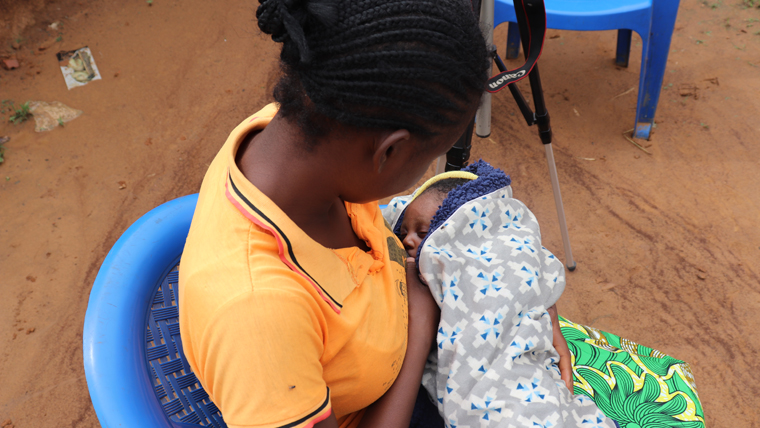
A wish for the children’s children
Once out of school Charlaine, like Nelly, soon became pregnant. Now a mother in a pandemic, her economic situation has only worsened. But Charlaine is still a child and – just like Mariam and Nelly – she holds onto a hope of completing her education:
“My wish is to go back to school so I can read and write. And that I can pass my exam, so that my parents can be proud of me.
“I want to become a member of Parliament to talk about the problems of the communities to the chiefs, so that they find a solution for children like me, as well as for our children.”

Empty classrooms, broken futures
Like so many children in the UK and around the world, each of these girls has lost precious school-time. But the end of the pandemic, won’t automatically mean ‘back to school’ for them. The poverty that existed before is still there – and has been deepened by COVID-19’s effects. And for many children, like Mariam, Nelly and Charlaine, lives changed drastically when they stopped going to school. Married children, child mothers, may never get the chance to go back to school.
The more children are out of school, the higher the risks become – risks of abuse, exploitation, marriage and dangerous work. They need the barriers that stop them from going to school, to be lifted.
Instead, in the context of COVID-19, those barriers have been amplified. At the peak of the pandemic, 1.6 billion students (over 90% of the world’s student population) were out of school. The loss of income caused by the pandemic has further increased stress and poverty – resulting in growing rates of domestic and child abuse and forcing children into early marriage and child labour. Together, all of this is preventing children from accessing the education they deserve and need.
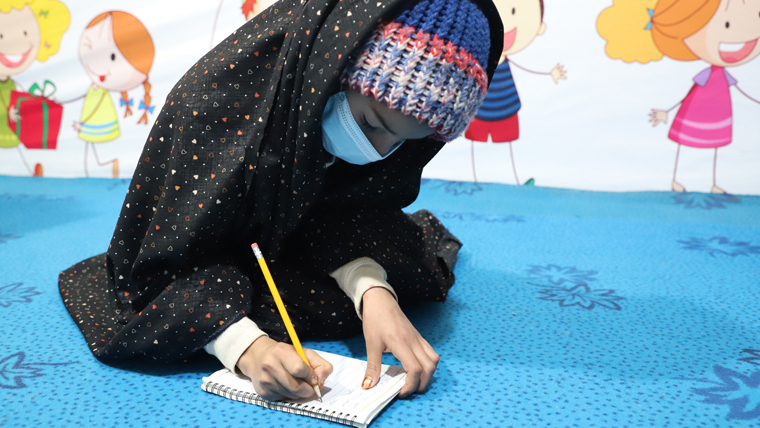
Your chance to change things
We need to fix it! This year the UK Government will host the G7 summit – bringing together leaders of some of the world’s most powerful countries to discuss the global agenda. They will make commitments and promises which will impact the global community. We need to seize this moment and make sure the future of the world’s most vulnerable children is on the agenda.
Will you write to your MP asking them to show their public support for this issue?
It’s simple and takes just 30 seconds to do and will show your MP and the Government that people in the UK care about vulnerable children’s futures.
*names changed to protect the girls’ identities

